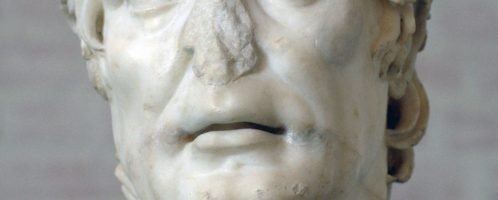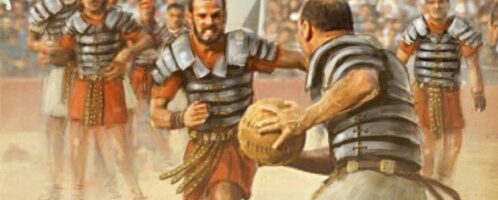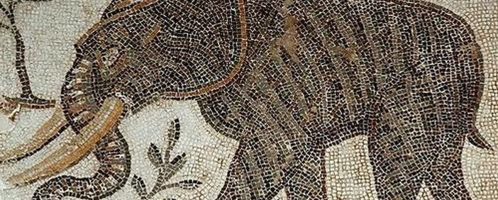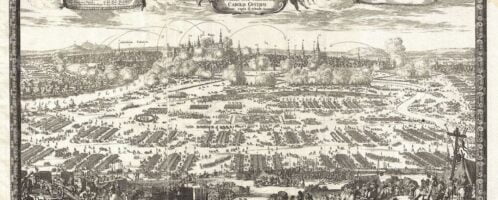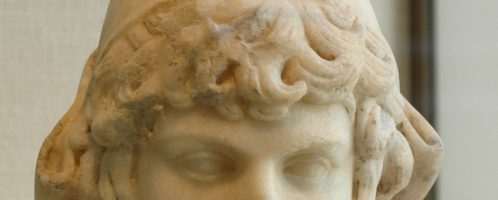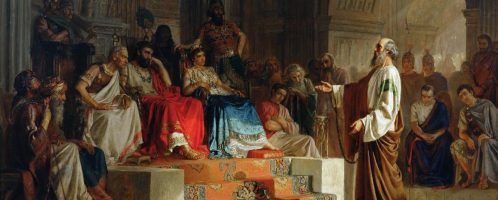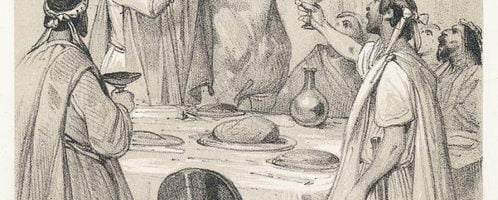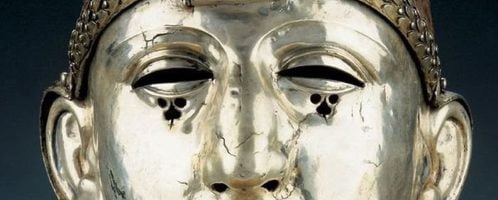Sulla was first all-powerful dictator
To this day, it seems to us that Julius Caesar was the first Roman who managed to reach almost unlimited power in the Roman republic. The truth is, however, that in 82 BCE it was Lucius Cornelius Sulla, after conquering Rome, who took full power in the state.

